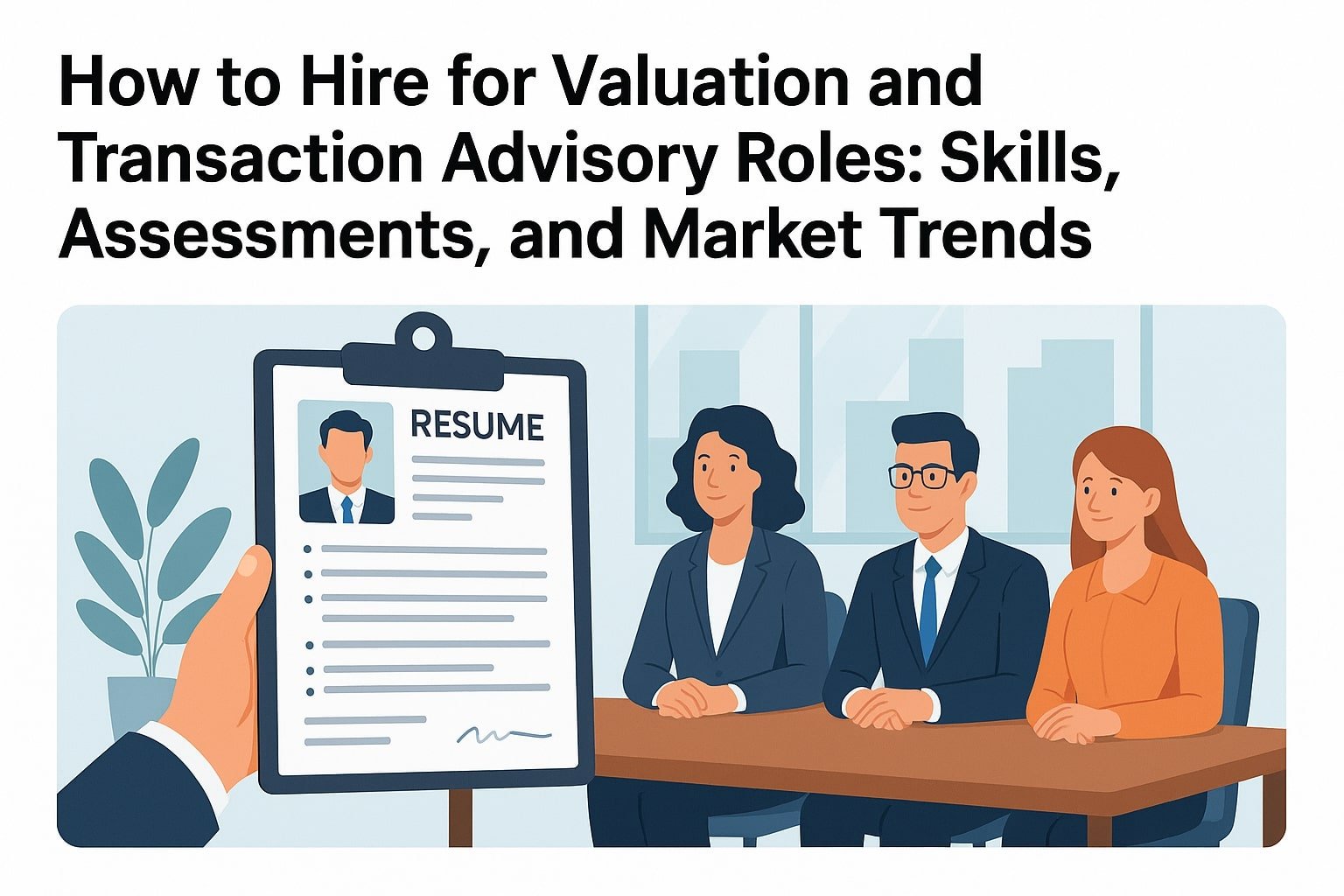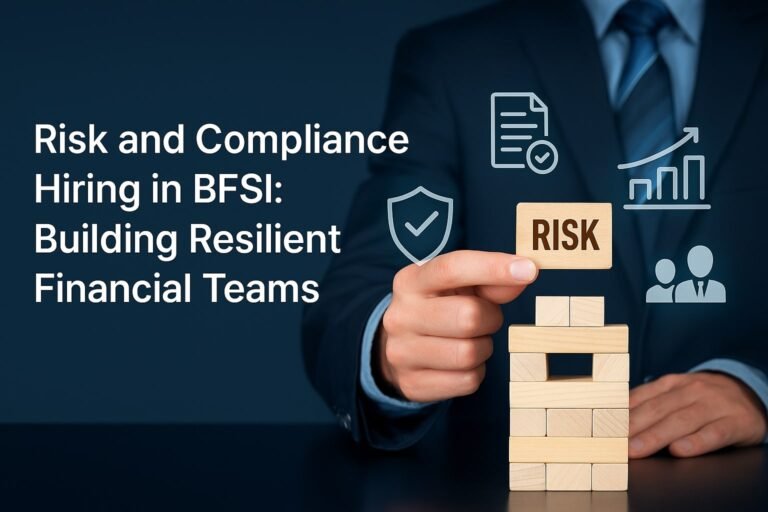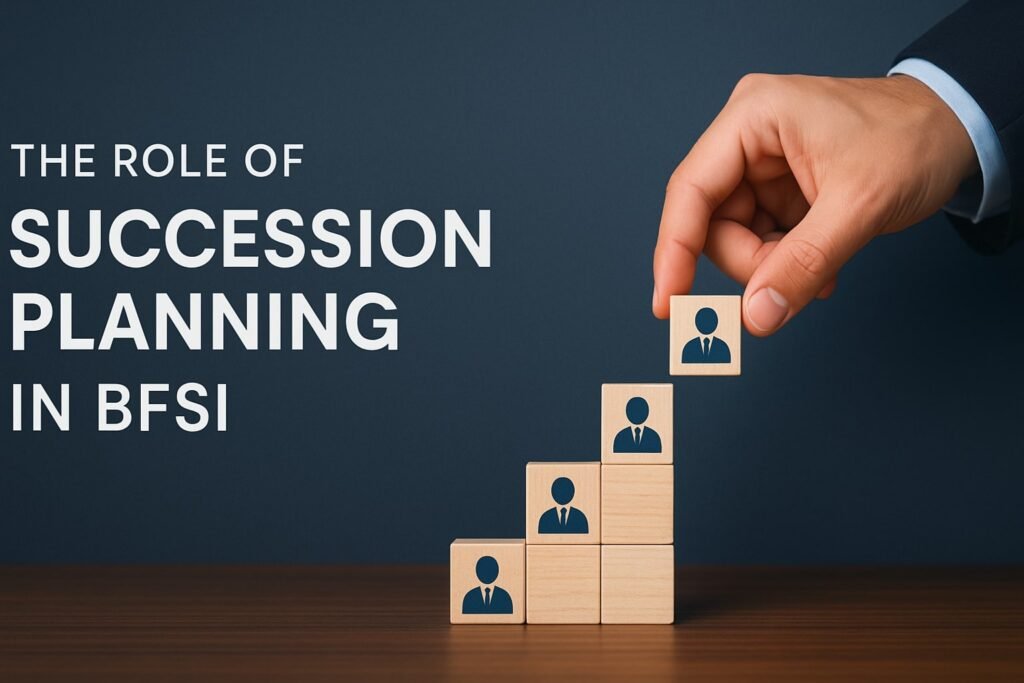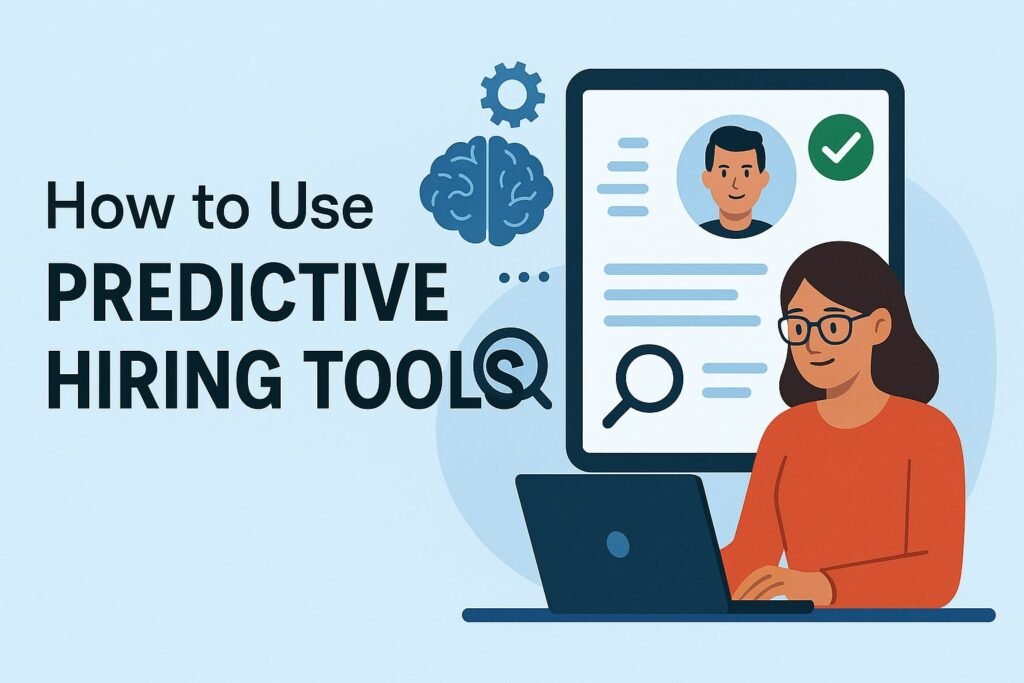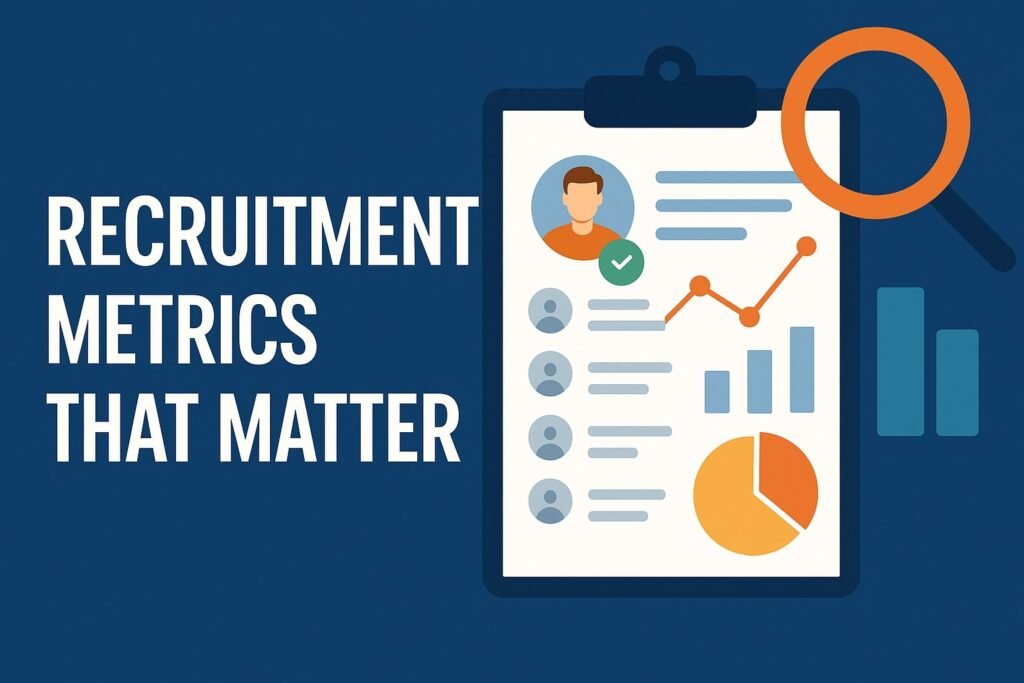How to Hire for Valuation and Transaction Advisory Roles: Skills, Assessments, and Market Trends
Introduction
India’s valuation and transaction advisory market is booming, thanks to rising M&A activity, private equity investments, corporate restructurings, and IPO pipelines. As a result, demand for skilled valuation professionals and transaction advisors is surging across Big 4 firms, boutique consulting firms, and investment banks.
However, hiring for these roles is challenging: technical expectations are high, client delivery pressures are intense, and cultural fit is critical in a trust-driven advisory world. In this blog, we’ll share best practices to help you identify, attract, and retain top valuation and transaction advisory talent in India’s competitive financial ecosystem.
1. Understanding Valuation & Transaction Advisory Profiles
Valuation and transaction advisory professionals deliver high-stakes analyses for M&A, financial reporting, tax, and regulatory compliance. The most common profiles include:
- Business valuation analysts
- Financial due diligence specialists
- M&A transaction advisors
- Purchase price allocation specialists
- Intangible asset valuers
- Portfolio valuation consultants
Top skills in demand:
- Advanced Excel and financial modeling
- Fair value and DCF methodologies
- Accounting and audit understanding
- Regulatory and tax knowledge
- Report writing and client presentation skills
- Stakeholder management and communication
2. Build a Compelling Employer Proposition
Given how specialized and in-demand valuation talent is, firms must stand out as employers of choice. Consider emphasizing:
- High-value mandates and diverse deal exposure
- Strong training, mentorship, and CFA/CPA support
- Clear promotion pathways and international project opportunities
- Purpose-driven work that impacts corporate strategy
Valuation professionals are motivated by intellectual challenge, learning opportunities, and the prestige of working on significant transactions. Your employer brand should showcase these strengths.
3. Structure Assessments to Validate Technical Excellence
You cannot compromise on technical skills in these roles. Implement a rigorous, standardized evaluation framework including:
- Financial modeling case studies
- Valuation report reviews
- Accounting and IFRS knowledge tests
- Situational judgment tests for real-life client scenarios
- Behavioral interviews focused on ethics and integrity
Where possible, get experienced valuation leads involved in final interviews to test real-world skills.
4. Engage Passive Candidates Strategically
Top valuation and advisory professionals are often working on long-term client engagements and rarely apply actively. You need to proactively build relationships through:
- Alumni networks of Big 4 and top CA/MBA schools
- Professional organizations (IVSC, ICAI)
- Industry conferences and webinars
- Thought-leadership events
Share deal insights, market updates, or whitepapers to stay top of mind. That relationship-first approach pays off when they eventually consider a move.
5. Offer Competitive Compensation and Growth Paths
Valuation talent expects strong compensation, but also values clear growth plans. Firms should:
- Benchmark salaries against Big 4 and leading valuation boutiques
- Communicate variable bonus and incentive structures
- Clarify opportunities for international transfers or M&A secondments
- Discuss learning budgets for CFA, FRM, or CPA certifications
Transparent growth paths reduce offer drop-offs and show a genuine commitment to talent development.
6. Emphasize Ethics and Compliance During Hiring
Since valuation and transaction advisory roles deal with sensitive financial opinions and high-value deals, candidates must demonstrate:
- Strong ethical frameworks
- Client confidentiality practices
- Ability to resist conflicts of interest
- Adherence to valuation standards (IVS, ICAI guidelines, SEBI norms)
Behavioral interviews and ethics scenario testing are vital to protect your firm’s reputation.
7. Partner with Specialist Financial Recruiters
Valuation and transaction advisory are deeply specialized. Partnering with a BFSI-focused recruitment partner helps you:
- Tap into passive talent pools
- Use role-specific assessments
- Streamline interviewing
- Ensure cultural and client-service fit
Generalist recruiters rarely understand the nuances of valuation frameworks — a domain-focused partner is key.
8. Smooth Onboarding for Faster Productivity
Given the project-based nature of valuation and transaction advisory, onboarding must be fast and thorough. Best practices include:
- Pre-joining deal briefings
- Access to valuation models and templates
- Shadowing senior team members
- Clear communication of reporting lines and client expectations
A smooth onboarding experience reduces errors, accelerates confidence, and improves retention.
Conclusion
Hiring great valuation and transaction advisory professionals is a strategic investment in your firm’s future. With high client expectations, rigorous technical standards, and rising deal volumes, a thoughtful recruitment approach is essential.
At Valorega TalentEdge, we combine BFSI domain expertise with advanced AI-supported recruitment tools to help you source, assess, and retain India’s best valuation and transaction advisory talent — with speed, transparency, and quality.

